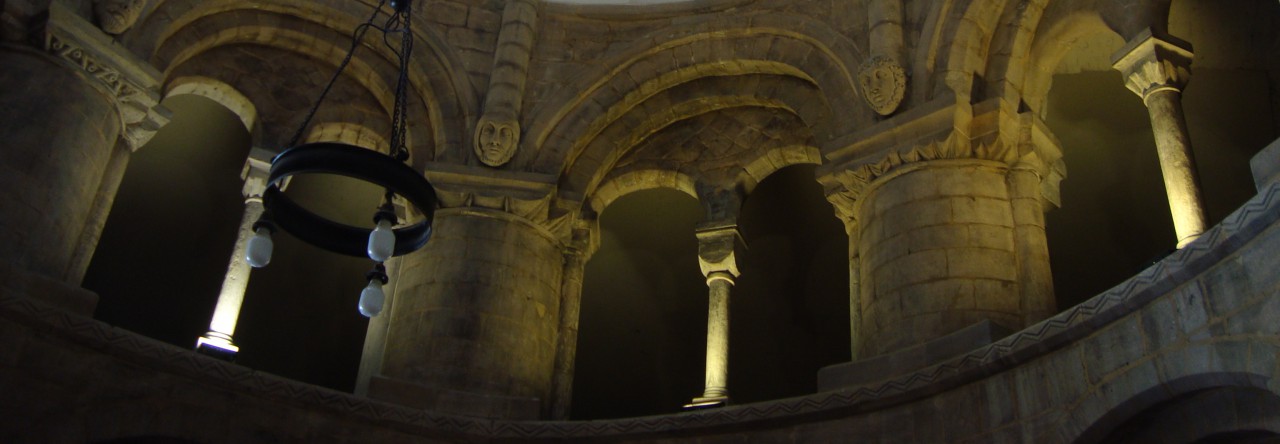
“Behold there was a very stately palace before him, the name of which was Beautiful; and it stood just by the highway side.”
— John Bunyan, The Pilgrim’s Progress
Reading Susanna Clarke‘s novel Piranesi awoke all kinds of echoes for me. The repetition, especially, of the narrator’s paean of praise to the place in which he resided — The Beauty of the House is immeasurable; its Kindness infinite — reminded me of texts such as John Bunyan‘s Pilgrim’s Progress and the refuge to which Christian sought entry, the Palace Beautiful, the way to it guarded by a pair of chained lions (not unrelated to Aslan, I suspect).
But there were other literary reverberations which were set up in my mind, stretching from classical Greece and Rome to this century; in the event that you may find of interest I’ve put together the following illustrated essay.
Be warned, though: in discussing the ideas behind various works of fiction I shall be giving away the odd secret or spoiler so, if you haven’t read them, you may want to skim over or even skip the text and just enjoy the illustrations.
Continue reading “The House Beautiful”



